

Published in the United States of America
by Cherry Lake Publishing
Ann Arbor, Michigan
www.cherrylakepublishing.com
Printed in the United States of America
Corporate Graphics Inc
September 2011
CLFA09
Content Consultants: Michelle Kuhl, associate professor of history, University of Wisconsin Oshkosh; Gail Saunders-Smith, associate professor of literacy, Beeghly College of Education, Youngstown State University
Editorial direction: Rebecca Rowell
Design and production: Marie Tupy
Photo credits: Harris & Ewing, Washington, DC/Library of Congress, cover, 1; Underwood & Underwood/Library of Congress, 5, 24, 30; Lewis Wickes Hine/Library of Congress, 7,13, 21; Library of Congress, 9,10, 18; Lewis W. Hine/AP Images, 14; Fotosearch/Getty Images, 17; Royal L. Wolcott/Library of Congress, 22; Rare Book and Special Collections Division/Library of Congress, 27
Copyright 2012 by Cherry Lake Publishing
All rights reserved. No part of this book may be reproduced or utilized in any form or by any means without written permission from the publisher.
Library of Congress Cataloging-in-Publication Data
Herringshaw, DeAnn, 1962
The United States enters the 20th century / by DeAnn Herringshaw.
p. cm. (Language arts explorer-History digs)
ISBN 978-1-61080-200-0 ISBN 978-1-61080-288-8 (pbk.)
1. United StatesHistory1865-1921-Juvenile literature. 2. United StatesHistory1919-1933Juvenile literature. 3. Progressivism (United States politics)Juvenile literature. 4. United StatesPolitics and government1865-1933Juvenile literature. I. Title.
E661.H47 2011
973.91-dc22
2011015125
Cherry Lake Publishing would like to acknowledge the work of The Partnership for 21st Century Skills. Please visit www.21stCenturySkills.org for more information.
TABLE OF CONTENTS
You are being given a mission. The facts in What You Know will help you accomplish it. Remember the clues from What You Know while you are reading the story. The clues and the story will help you answer the questions at the end of the book. Have fun on this adventure!
YOUR MISSION
Your mission is to learn to think like a historian. What tools do historians use to research the past? What kinds of questions do they ask, and where do they look for answers? On this assignment, your goal is to investigate U.S. history between 1890 and 1930. This was a time of great change and many reforms in the country. Many of these changes were led by a group of people called the Progressives . Who were the Progressives? What problems did they face? What solutions did they find? As you read, keep What You Know in mind.
WHAT YOU KNOW
 Progressives were people who believed in change. They were called reformers.
Progressives were people who believed in change. They were called reformers.
 Theodore Roosevelt was a Progressive who wanted to stop mistreatment of the land and the people of America, especially by businesses.
Theodore Roosevelt was a Progressive who wanted to stop mistreatment of the land and the people of America, especially by businesses.
 Child labor, poor working conditions, unequal rights, unsafe food, and the destruction of the environment were all problems during this time.
Child labor, poor working conditions, unequal rights, unsafe food, and the destruction of the environment were all problems during this time.
Use this book to explore history in ways a historian might. Read the following journal to discover what one student learned about this time period while spending spring break with an aunt who is a historian.

President Theodore Roosevelt was a Progressive.
Entry 1: THE PROGRESSIVE ERA PROJECT
Today is the first day of spring break. I am staying for a week with my aunt, who is a historian at a museum. She is creating exhibits about the Progressive era in U.S. history, and I get to help her! We will be looking through the archives in the basement for all kinds of artifacts , such as old photographs, posters, and newspaper articles.
Theodore Roosevelt
In my aunts office, I see a big picture of Theodore Roosevelt, who was president of the United States from 1901 to 1909. Under his picture are these words:
We who stand for the Progressive movement... are pledged to eternal war against tyranny and wrong.... We stand for justice and for fair play.... We fight to make this country a better place to live in for those who have been harshly treated.... Surely there was never a more noble cause.
Teddy Roosevelt was a Progressive, right? I ask my aunt.
Long Hours, Little Pay
Yes, she says. When the United States was a young country, there were few laws to protect the land or the powerlesssuch as women, children, minorities, and the poor. Many businesspeople took advantage of their power and freedom to make a lot of money.
How did they do that? I ask.

This photograph shows how one woman struggled to survive in her poverty-stricken home by finishing pants. There is a stack of pants for her to work on as she and her children suffer from hunger.
Well, she says, bosses made their employees work very long hours. Many worked 12 hours a day. Some people worked up to 18 hours a dayeven childrenand very few bosses paid their employees a living wage.
Whats a living wage? I ask.
A living wage means that a worker earns enough money to buy basic things such as food, clothing, shelter, health care, education, and even a little entertainment, she explains. The United States didnt have any wage laws, so bosses could pay as little as they wanted.
PROGRESSIVES TODAY
Many of the issues Progressives faced at the beginning of the twentieth century are still issues today. Modern Progressives believe the government should enact laws that protect the poor, the powerless, and the environment. Some progressive projects today include ensuring all Americans have good health care and protecting the environment.
I bet there were a lot of poor people, I say.
Thats right. my aunt says. Millions of people worked very hard and still couldnt afford to care for their families.
And the bosses probably got really rich! I exclaim.
Right again, says my aunt. As the rich grew richer, the poor grew poorer. Look at these photos. She shows me pictures of people living in miserable poverty.
Why didnt rich people help them? I ask.
Many rich folks believed the poor deserved to be miserable. They thought poor people were lazy, stupid, or weak.
Thats not fair! I say.
My aunt smiles. The Progressives also thought it wasnt fair. They wanted laws to protect the poor. They wanted America to be a true democracy for everyone, not only for a few. Roosevelt helped make that happen.
How did the Progressives change this? I ask my aunt.
Youll see, she says. Lets get started. *


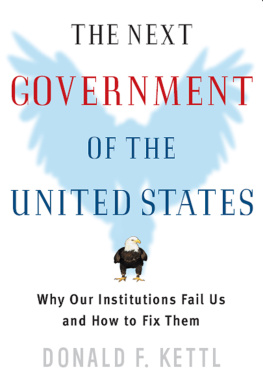


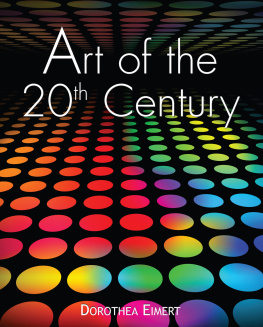
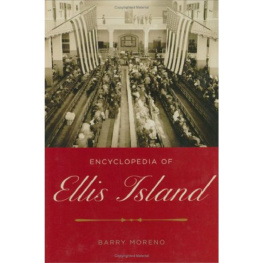
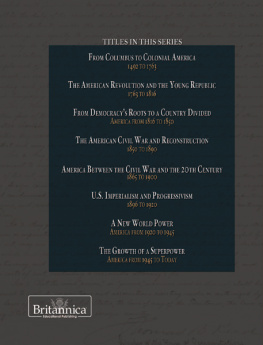
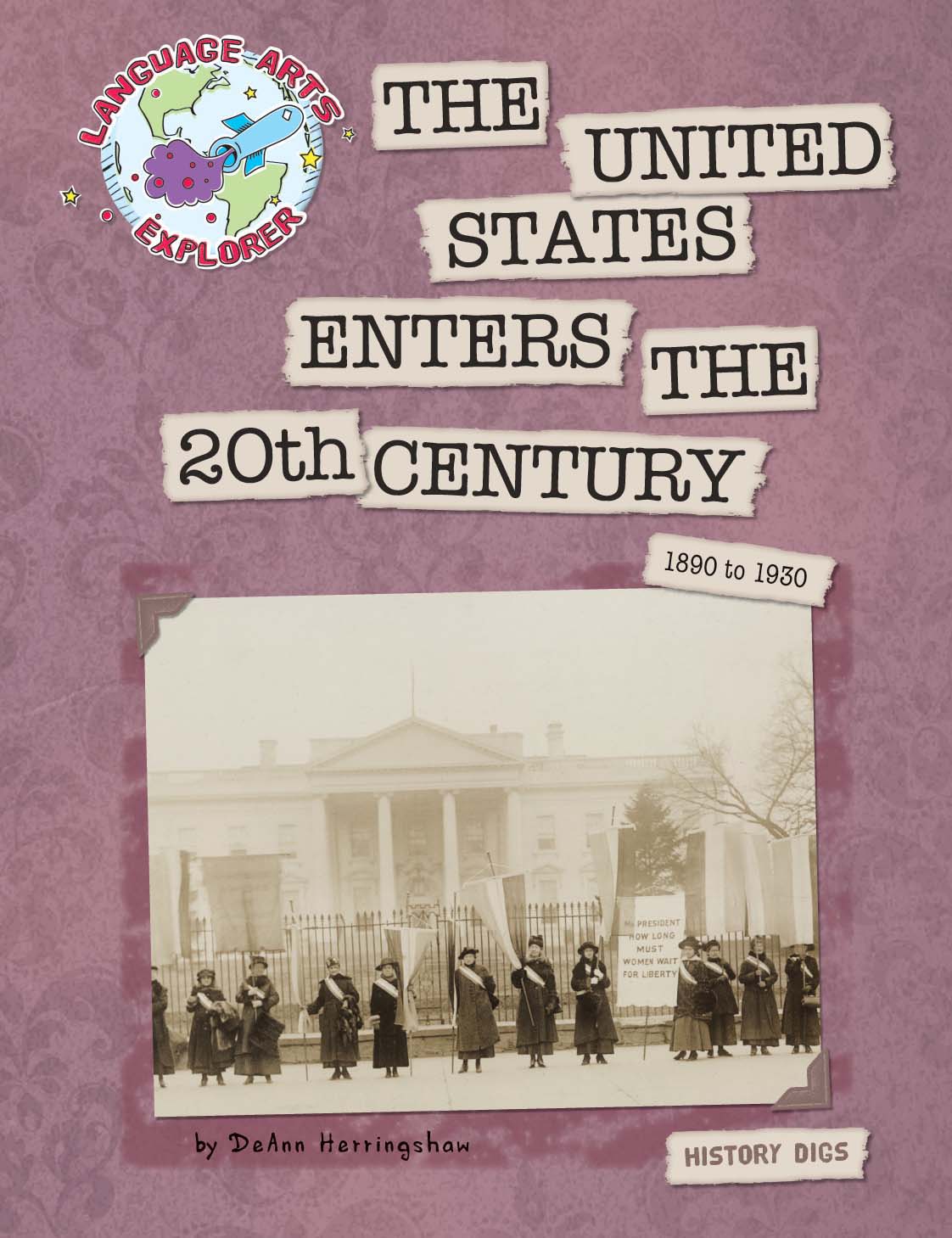


 Progressives were people who believed in change. They were called reformers.
Progressives were people who believed in change. They were called reformers.
